Personal Hygiene in the Workplace
Good personal hygiene goes a long way when you’re meeting people for the first time. But why is personal hygiene important in the workplace? Well, it’s unprofessional, for a start. But it can also have other negative consequences, like feeling isolated or affecting your own and colleagues’ productivity. Bad hygiene can also have serious health risks and can spread illness. This course will help you approach this tricky subject with care.
Learning outcomes:
- Explain why good hygiene should be practiced
- Describe the personal and social benefits of being clean
- Demonstrate how to talk to others about their hygiene problems
- Identify the HR policy on personal hygiene
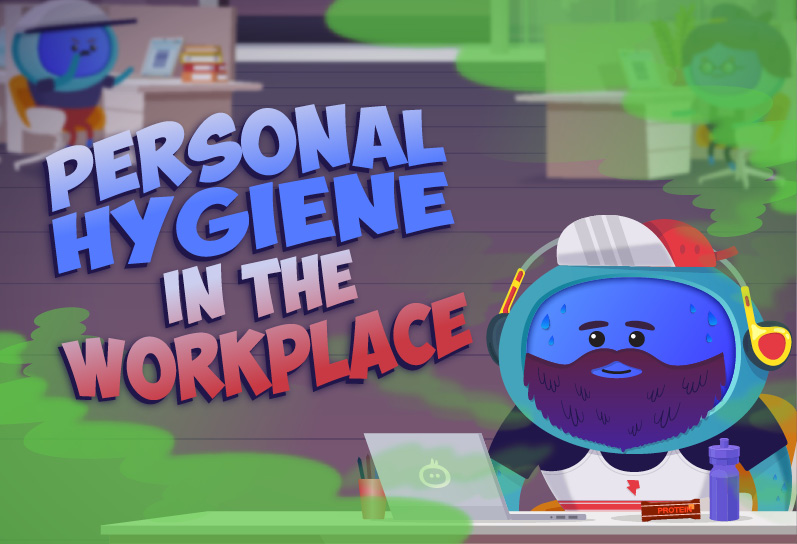
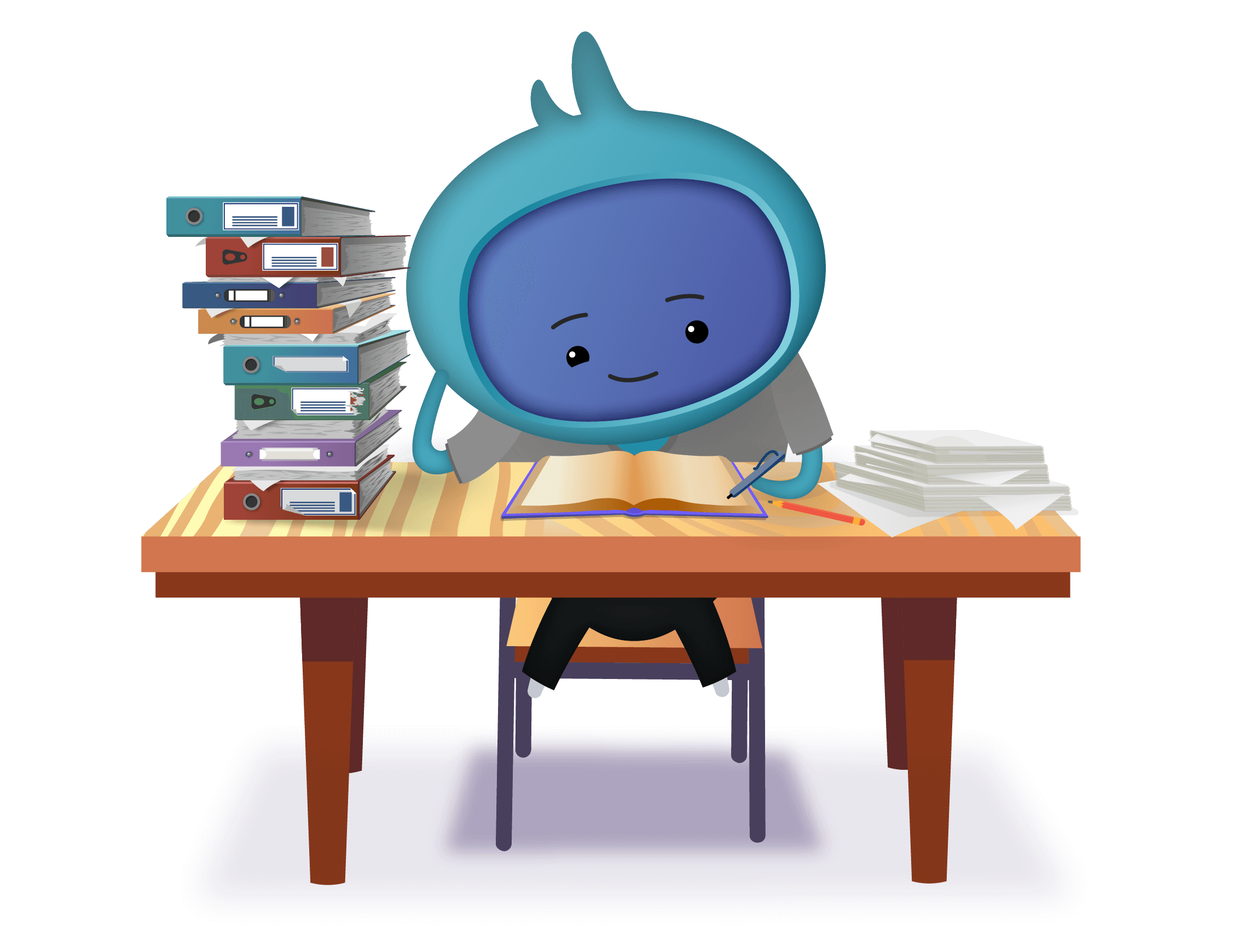

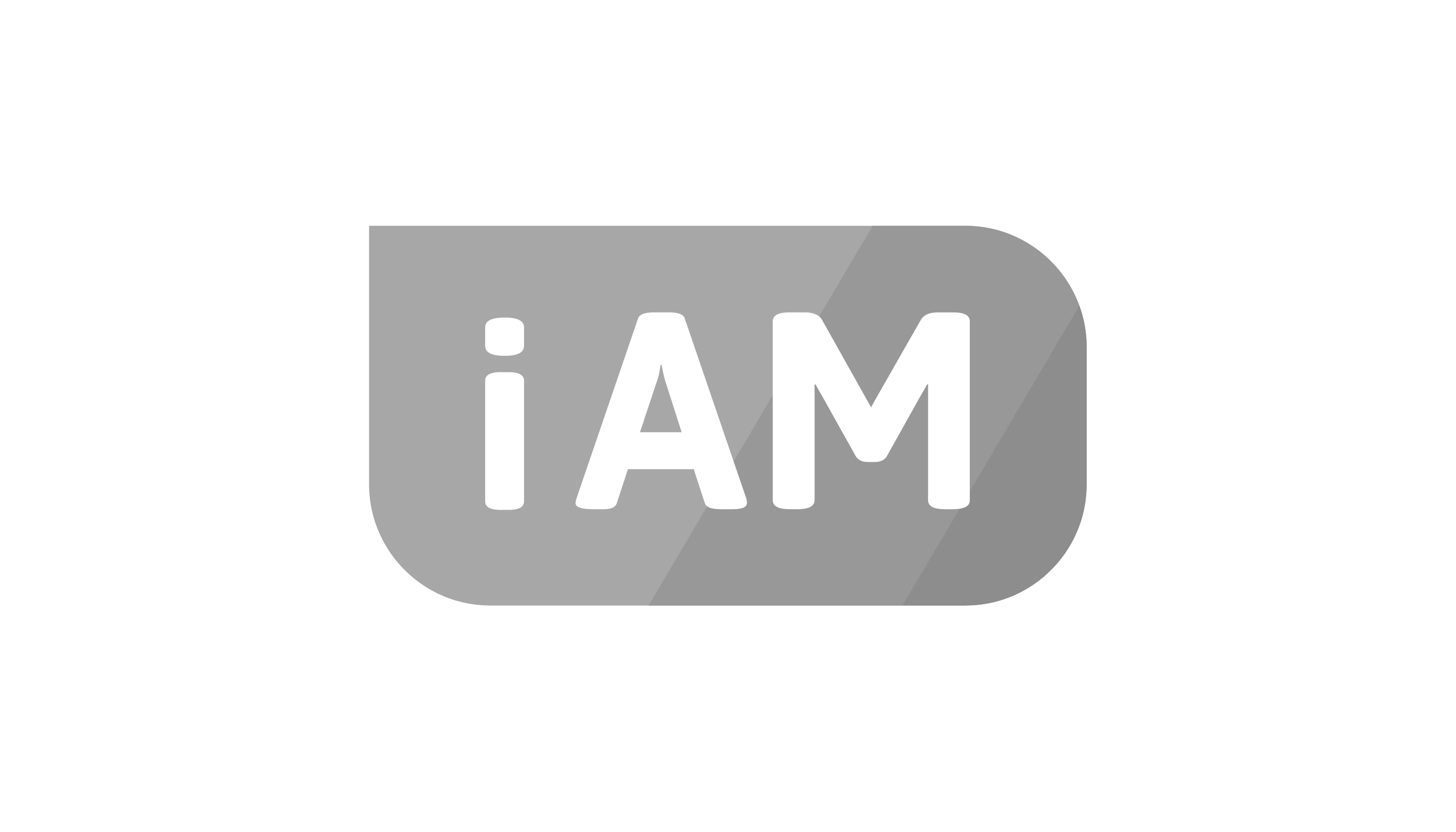

Why choose iAM Learning
Peace of mind with testing
This course also has an assessment at the end which allows learners to test their understanding and helps businesses demonstrate a level of competence in the topic.
Accessibility
Everyone has the right to learn and learner need can vary depending on environment or disabilities. To support this diversity, we provide transcripts so people have text options for media, alongside subtitles for all videos.
Certified training
Our Collections are IOSH approved and CPD certified which gives you piece of mind knowing you're getting good quality content.







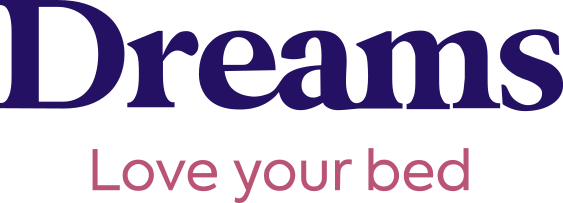




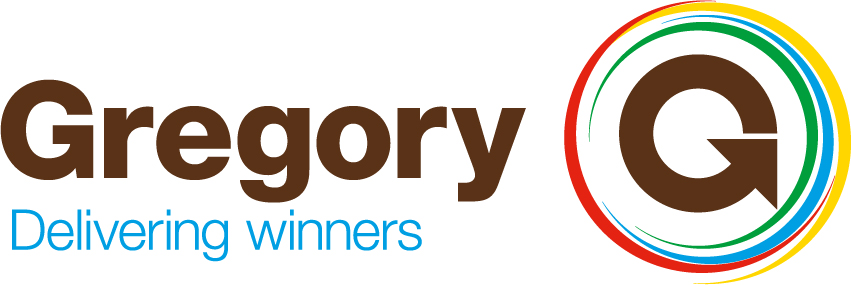


Want to see more?
Your business will likely face unique challenges, but our friendly team is happy to answer any questions you may have. We’re eager to show you any specific courses you’re interested in, or guide you through our off the shelf eLearning courses.
Related courses
There are no courses that matches your search criteria
Please try adjusting your search terms or removing filters to broaden your search criteria